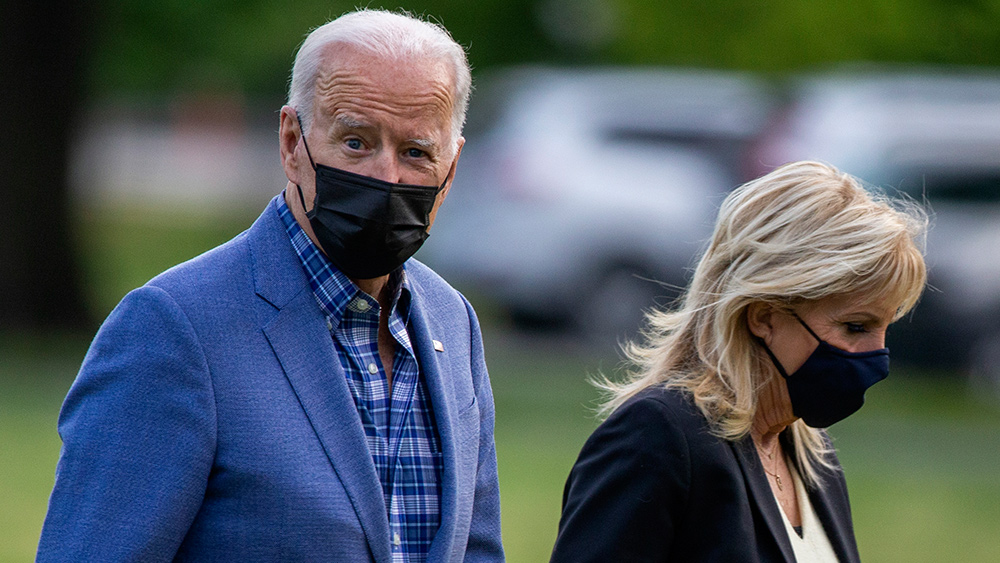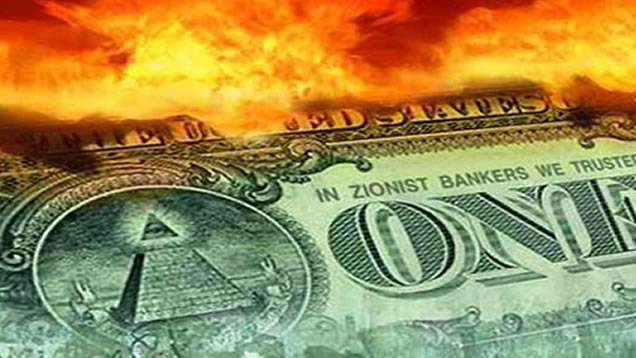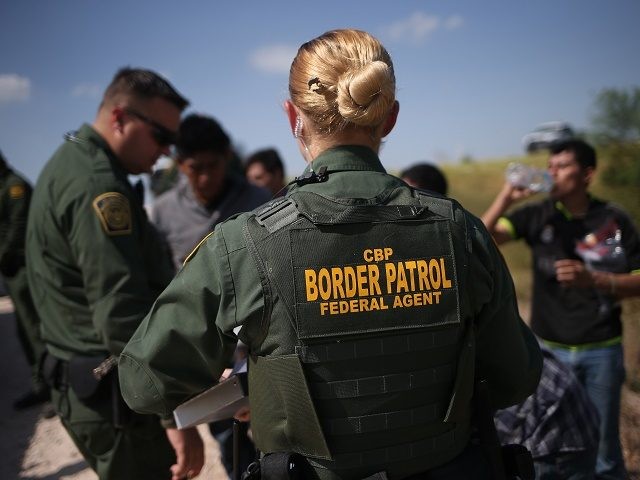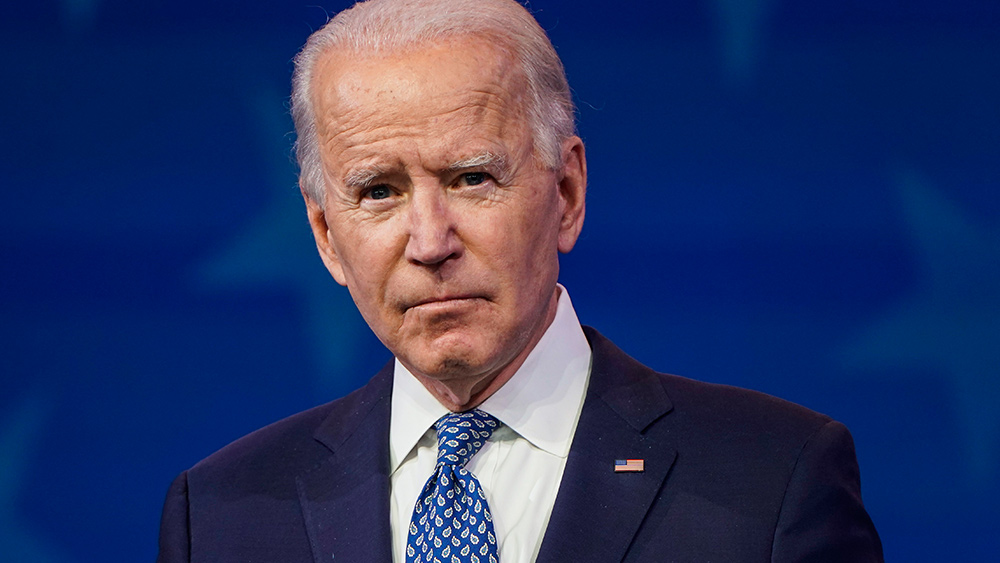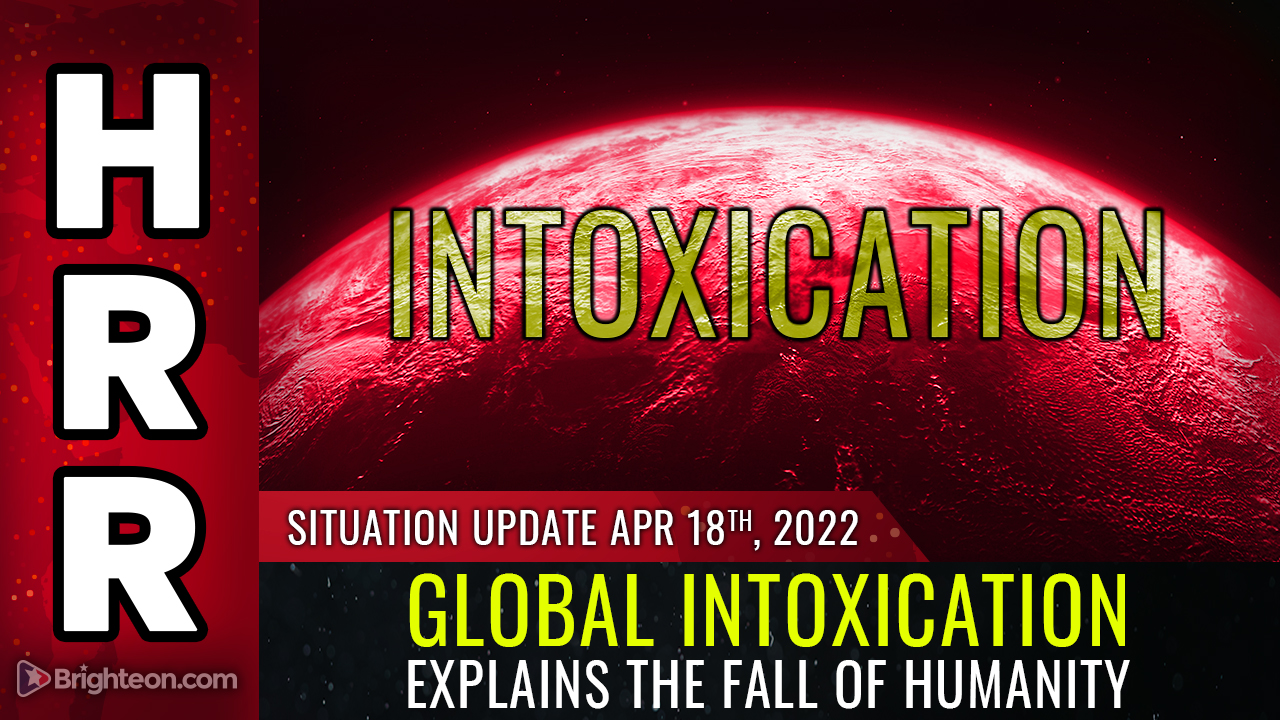Food crisis incoming: War in Ukraine threatening global food supplies, half a billion people at risk of hunger
03/08/2022 / By Arsenio Toledo
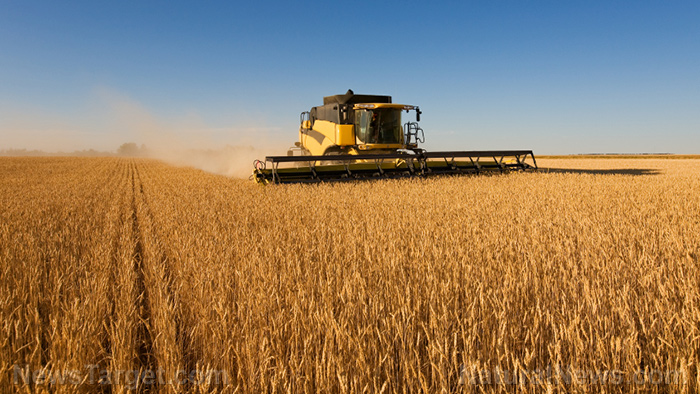
The ongoing conflict between Russia and Ukraine is disrupting global food supply chains, and experts have sounded the alarm as the war is threatening the food security of nearly half a billion people who rely on Ukrainian and Russian food exports.
Every time a massive war broke out in any part of the world, the end result was a widespread malnutrition and acute hunger among the affected populations.
At the height of the Iraq War in the 2000s, the World Food Program (WFP) noted that over 800,000 people in Iraq were going to bed hungry every night, and more than half of the country’s then-population of 23 to 26 million people were at risk of food shortages.
In Ethiopia, which is currently dealing with a civil war, the Food and Agriculture Organization of the United Nations warned that the continuing conflict is causing a famine and leaving 18 million people with acute food insecurity.
In the case of Russia’s invasion of Ukraine, the stakes are even higher since both countries are major exporters of wheat, corn and oilseeds – staple food goods which are now at risk. Globally, the two countries represent between 26 to 29 percent of global wheat exports and 67 percent of exports of sunflower seeds, cottonseed and safflower oil.
The WFP warned that any serious disruption of the production and export of these food products “could push food prices beyond their current 10-year highs.” (Related: Here are the countries most likely to face hunger crises thanks to Russia’s invasion of Ukraine.)
“The bullets and bombs in Ukraine could take the global hunger crisis to levels beyond anything we’ve seen before,” said WFP Executive Director David Beasley. “This is not just a crisis inside Ukraine. This is going to affect supply chains, and particularly the cost of food.”
Among the largest importers of Russian and Ukrainian food products in the region are Egypt and Turkey, followed closely by Lebanon, Yemen, Israel and Oman. These Middle Eastern and Northern African countries, representing some 240 million people, will be the first victims of the disruption.
Among those who will be the first victims of the disruption in the region will be around 474 million people living in the Middle East and North Africa who are the largest importers of Ukrainian and Russian food products. These countries include Egypt, Turkey, Lebanon, Yemen, Israel, Oman and other countries in North Africa and the Arab Gulf.
War in Ukraine keeping agricultural workers from working their fields
Oleg Ustenko, an economic adviser to Ukrainian President Volodymyr Zelenskyy, in an opinion piece written for Financial Times, warned that the first 10 days of March is the regular window to start planting for what is called the country’s “spring sowing campaign.” The planting for this harvest needs to be fully completed by the last week of April for the country to reap the harvest at a normal schedule.
“We have highly productive soil, but also a climate that sets the rules,” wrote Ustenko. “there is already no way that Ukrainians will be able to sow this year based on a normal schedule. Those parts of Ukraine which are most productive in terms of agricultural production are now consistently under aerial attack and artillery bombardment.”
Ustenko noted that working the fields in the most productive northern and eastern oblasts (administrative regions) of Ukraine “has become practically impossible.”
“According to regional administrators, some of these fields are likely to be mined or contain unexploded ordnance,” continued Ustenko. He added that Ukrainian agricultural workers are ready to start their work, but before they can do so the fields they work will have to be cleared of mines and unexploded ordnance.
Unfortunately, Ustenko said many agricultural workers will be unable to work for some time due to the war requiring that they offer their services to the war effort. This includes scouting for and capturing abandoned Russian military equipment and attacking Russian supply lines and convoys.
In an appeal for the world to intervene, Ustenko warned that if the war doesn’t end immediately, the world could experience a drop of between 10 to 50 percent of major agrarian products that come out of not just Ukraine but also Russia. This includes wheat, barley, corn, rapeseed and sunflower oil.
The cost of this loss of agricultural productivity will mostly be felt by Ukrainians, as well as Russian soldiers currently in the country who are forced to rely on Ukrainian food due to poor logistics and crippled supply lines.
“But it will also fall on people around the world who worry about how much food they can afford to buy for their families,” wrote Ustenko. “The Russian bell tolls for people who consume food everywhere.”
More related stories:
Europe braces for food shortages due to Ukraine-Russia conflict.
Ongoing Russia-Ukraine conflict pushing global economy closer to collapse.
Listen to this episode of the “Health Ranger Report” as host Mike Adams, the Health Ranger, talks about how the economic sanctions levied against Russia will cause a global crop collapse, which will then lead to widespread famine.
This video is from the Health Ranger Report channel on Brighteon.com.
Learn more about how the war in Ukraine is affecting global food supplies at FoodCollapse.com.
Sources include:
Submit a correction >>
Tagged Under:
chaos, Collapse, conflict, crisis, economic collapse, economic crash, economic crisis, economy, food collapse, food crisis, food insecurity, food shortage, food supply, harvest, market crash, products, Russia, Russo-Ukrainian War, starvation, supply chain, Ukraine, War
This article may contain statements that reflect the opinion of the author
RECENT NEWS & ARTICLES
COPYRIGHT © 2017 CHAOS NEWS


